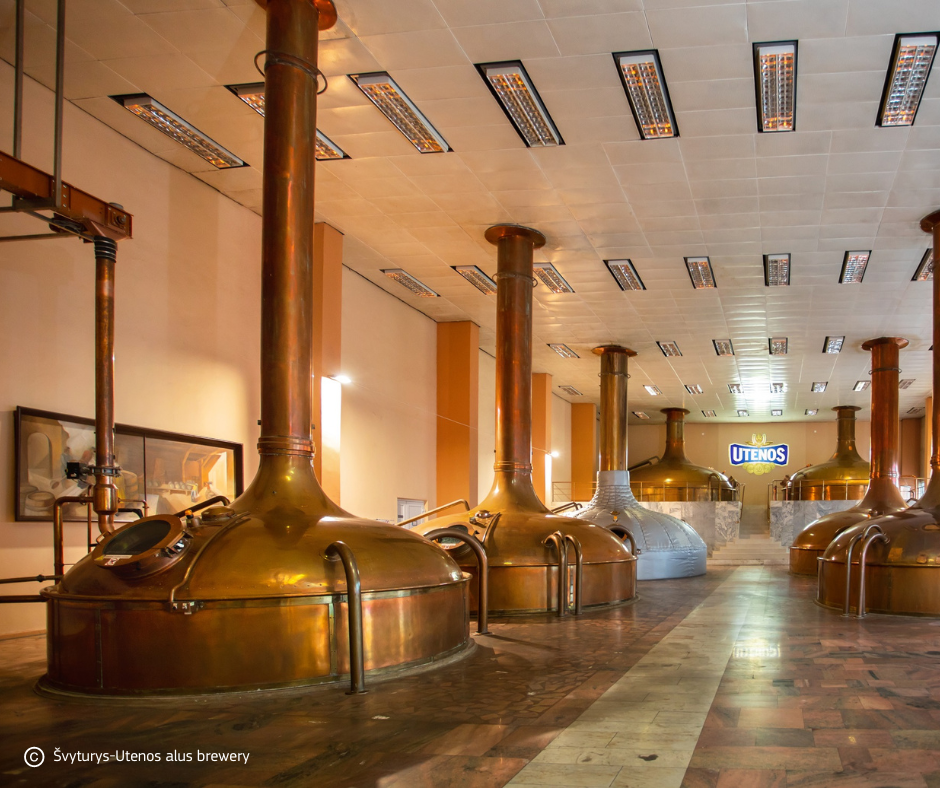
When you are sipping a Carlsberg or Tuborg next summer, chances are that the golden-coloured beverages were produced thanks to rays of sunshine. Through a combination of rooftop and ground-mounted solar panels and batteries, 100% of the Lithuanian Švyturys–Utenos alus brewery’s annual electricity needs will be produced with local carbon-free energy.
The brewery, which is part of the internationally recognised Carlsberg group, has taken a bold step towards climate neutrality by being the first to sign a novel ‘Energy-as-a-Service’ agreement with Green Genius, a Lithuanian renewable energy leader. Under this new type of ‘Energy-as-a-Service’ product model, Green Genius is implementing bespoke photovoltaic-plus-storage systems at zero initial costs to the brewery.
The pioneering business model and system received a €2.6 million grant from the Innovation Fund, one of the world’s largest investment programmes for net-zero and innovative technologies and financed by revenues from the EU Emissions Trading System. The InnoSolveGreen project will produce approximately 7 442 megawatt hours (MWh) of electricity annually. By providing locally produced renewable electricity to the brewery, 16 669 tonnes of CO2 equivalent of greenhouse gas emissions will be avoided during the first ten years of operation.
The grant has enabled Green Genius to kick-start the ‘Energy-as-a-Service’ product and showcase it at the Švyturys – Utenos alus brewery, with plans of bringing the solution to other Lithuanian and European industry. By allowing industries to meet their electricity demands through locally produced renewable electricity, the InnoSolveGreen project expects to contribute to Europe’s energy independence and REPowerEU objectives.
With the start of operation scheduled before the end of 2024, the InnoSolveGreen project is a prime example of how innovation in both business and technology must work in tandem in order to enable European industries to significantly reduce their carbon footprint, paving the way to a more environmentally friendly and prosperous future. The proposed solution can be easily adapted to country-specific regulatory frameworks and offers future opportunities for additional services related to energy cost savings and energy supply security. Sometimes, you can find gold at the end of the rainbow.
- Start date
- 1 Apr 2023
- Project locations
- Lithuania
- EU contribution
- €2 614 114
